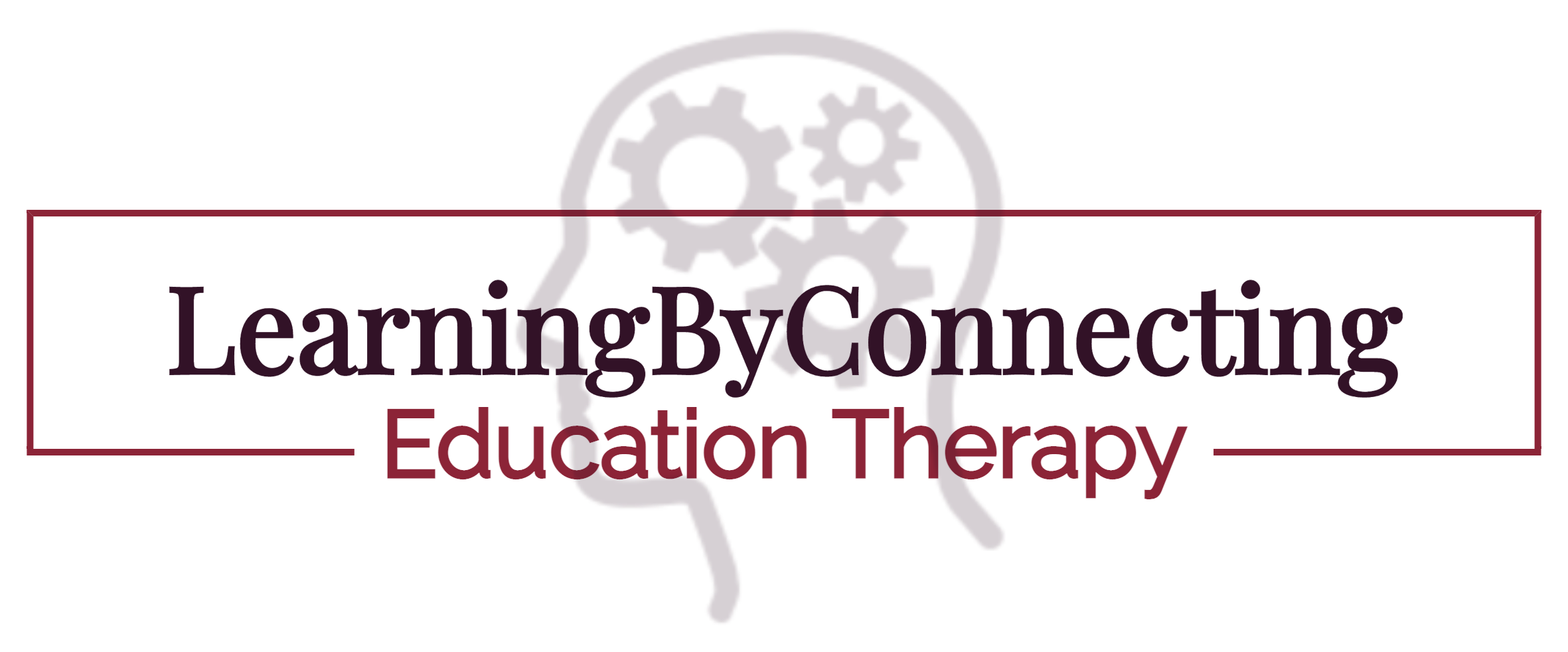Dr. Christine Powell
As an Educational T herapist, I believe that parents are essential partners in shaping their child’s future. In my practice, I utilize rating scales and checklists to empower parents to actively engage in assessing and supporting their child’s learning and behavioral needs, especially for conditions like ADHD.
herapist, I believe that parents are essential partners in shaping their child’s future. In my practice, I utilize rating scales and checklists to empower parents to actively engage in assessing and supporting their child’s learning and behavioral needs, especially for conditions like ADHD.
These tools allow me to gather valuable insights from you, your child’s teachers, and other caregivers about your child’s symptoms and functioning in various settings, such as at home and in school. This information is crucial for a thorough and accurate assessment, as ADHD symptoms must be present in more than one environment to meet the diagnostic criteria.
According to the American Academy of Child and Adolescent Psychiatry, the most commonly used scales are:
- Parent-completed Child Behavior Checklist
- Teacher Report Form (TRF) of the Child Behavior Checklist
- Conners Parent and Teacher Rating Scales
- ADD-H: Comprehensive Teacher Rating Scale (ACTeRS)
- Barkley Home Situations Questionnaire (HSQ)
- Barkley School Situations Questionnaire (SSQ)
According to the Agency for Healthcare Research and Quality (AHRQ), formerly the Agency for Health Care Policy and Research, ADHD-specific rating scales are more accurate in distinguishing between children with and without the diagnosis of ADHD, than global, nonspecific questionnaires and rating scales that assess a variety of behavioral conditions.
For adults, these scales may be helpful:
- The 18-question Adult ADHD Self-Report Scale (ASRS v1.1) can provide a quick score and suggest whether further testing by a professional may or may not be indicated.
- The 6-question screener, the Adult ADHD Self-Report Scale (ASRS v1.1) Screener, is a subset of the 18-question scale, designed to screen for adult ADHD in community samples.
- An updated version of the 6-question screener which is validated for DSM-5, the Adult ADHD Self-Report Screening Scale for DSM-5 (ASRS-5), is also available.
Evaluation and Assessment Tools
Clinicians evaluating a child for ADHD use a variety of assessment tools to gather information. They will ask parents and educators to complete various forms, including checklists, behavior questionnaires, or rating scales. These tools are an essential component of a comprehensive evaluation for ADHD.
If the child is found to have ADHD, after a treatment plan is developed and implemented, the clinician will employ similar tools to request feedback from parents and teachers.
The articles listed under “Learn More” provide more information about these assessment forms and rating scales. You can also view some of the screening and follow-up tools.
Evaluating Your Child
NICHQ Vanderbilt Assessment Scales
- NICHQ Vanderbilt Assessment Scale—PARENT Informant (pdf)
- NICHQ Vanderbilt Assessment Follow-up—PARENT Informant (pdf)
- NICHQ Vanderbilt Assessment Scale—TEACHER Informant (pdf)
- NICHQ Vanderbilt Assessment Follow-up—TEACHER Informant (pdf)
It’s important to understand that rating scales and checklists are just one component of a comprehensive evaluation. I also conduct medical examinations and personal interviews to ensure a complete understanding of your child’s unique needs. By actively participating in this process, you can gain a deeper understanding of your child’s challenges and strengths.
Together, we can collaborate to create a supportive plan that fosters your child’s growth and development. These tools not only assist in the initial assessment but also enable us to monitor progress and make informed decisions about your child’s educational journey. By working together, we can create a path that empowers both you and your child to achieve your full potential.
Best,
Christine


